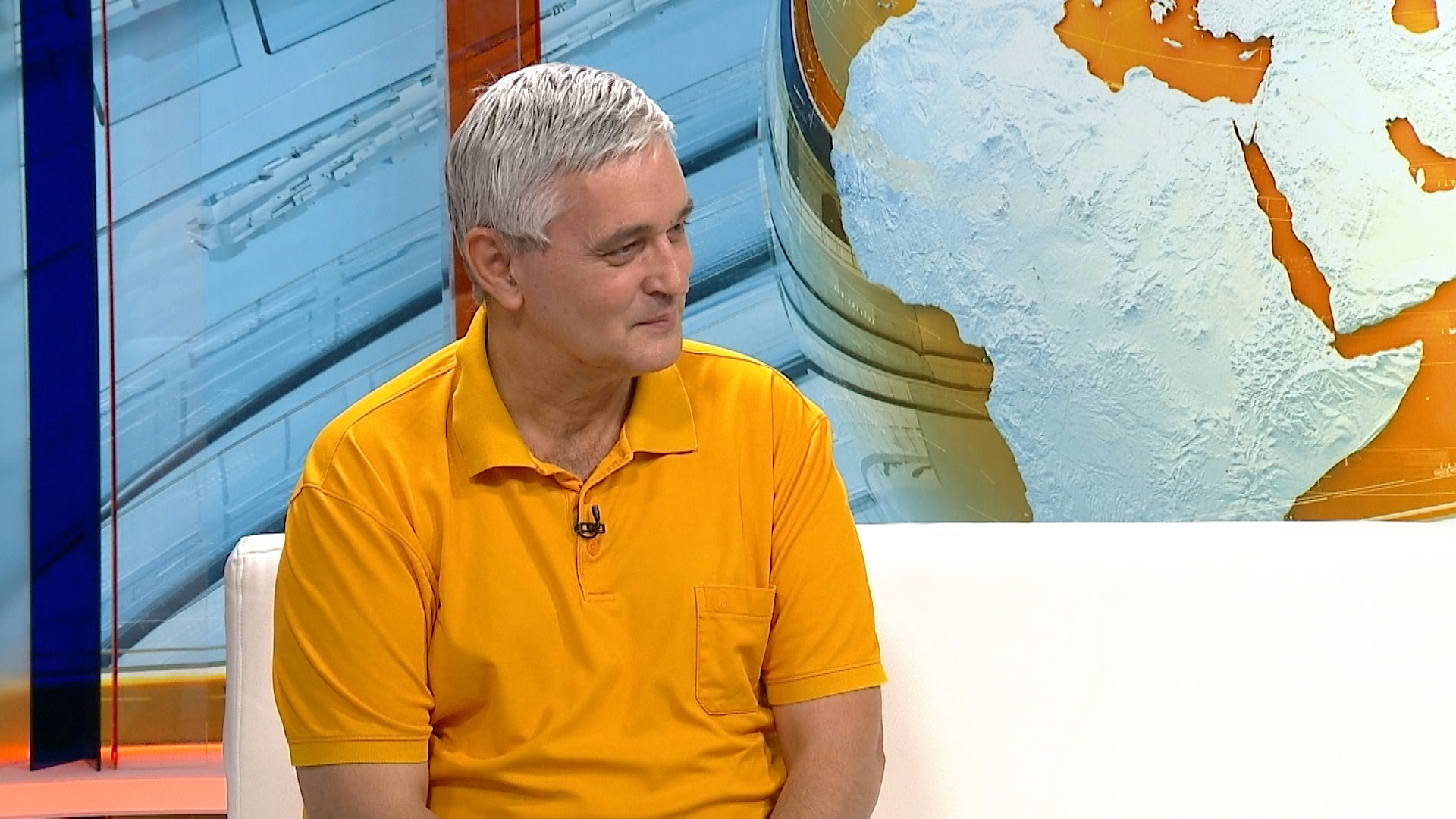
Bosnian Serb politician Svetozar Pudaric told N1 on Wednesday that the Constitutional Court (CC) showed it is “corrupt” after it refused to consider a complaint he submitted against the Central Election Commission (CIK) for declining to accept his candidacy for Bosnia’s Presidency because he is not from the Serb-dominated part of the country.
“I did not expect that the Constitutional Court would so publically show how politically corrupt it is and how conformist it is behaving in doing its job, which is, among other things, the protection of individual human rights,” Pudaric, a member of the Social Democratic Party (SDP), said.
Bosnia’s Presidency is composed of three members, each representing one of the three ethnic majorities living in the country - a Bosniak, a Serb and a Croat President.
The country is also composed of two territorial semi-autonomous entities that emerged from the 1995 Dayton peace Agreement, which ended the war. One of them is the Federation (FBiH), populated by mostly Bosniaks and Croats, and Republika Srpska (RS), populated mostly by Serbs.
The Bosniak and Croat Presidency members are elected from FBiH, and the Serb member is elected from the RS.
Pudaric is a Serb who lives in FBiH.
In the rejection of Pudaric’s case, the CC explained that it had already ruled on a similar case before. That is the case of Ilijaz Pilav, a Bosniak in the RS who wanted to run for the Bosniak Presidency member seat.
The CC in 2006 said that Pilav’s rights were not breached but the European Court for Human Rights abolished the ruling and said that his rights were breached.
This is why Pudaric said that there are “new developments” which make his complaint different than Pilav’s.
The politician also said his case will, “unfortunately,” also end up at the Strasbourg Court.
“Because the Constitutional Court has shown how politically corrupt it is and how its decisions are not decisions made a judicial but by a political institution (..),” he said.
“What can one expect when the highest judicial institution breaches the rule of law in such a way,” he added.
The politician also touched upon another CC decision from December 2016. The Court ruled partially in favour of a complaint submitted by Bosnian Croat politician Bozo Ljubic.
At issue was the state election law provision dictating that cantons delegate at least one representative from each of the country’s three main ethnic groups to the FBiH entity House of Peoples. Ljubic argued that the Croat influence in cantons with majority Bosniak populations was unfairly diminished in the selection of delegates.
The Court partially agreed with Ljubic. The ruling struck down a portion of Bosnia’s Election Law, stating that it must be amended within six months, without specifying changes.
Politicians since then failed to do so.
Pudaric said that the CC had a completely different attitude toward that case.
“It behaved completely differently toward it and even handed down a ruling not based on articles of the Constitution, but based on the preamble of the Constitution,” he said.
“It is obvious that a concession was made for Mr. Ljubic, more specifically for those who he represents and who stand behind him, so this decision would be made,” he added.
Pudaric said that the reason for the CC rejecting him is that, as opposed to Ljubic, he has "nobody there (in the CC)" who would back him up.
Pudaric said that with the Ljubic case the CC has “opened up Pandora’s box”, only to again “be afraid” after another Bosnian Croat politician, Borjana Kristo, submitted an appeal regarding the harmonisation between the FBiH and the state constitutions and asked for the Office of the High Representative (OHR), Bosnia’s top official monitoring the implementation of the Dayton Agreement, to provide an official interpretation.
“It is obvious that the court has, by not making a decision on the appeal of Borjana Kristo, again showed that it is afraid. Of what, I don’t know, but it is obvious that they have not been making their decisions based on the Constitution, their own rules, knowledge and obligations,” Pudaric said.
He added that he has in his CC complaint not asked the Court to change the Constitution or the Law, but to give him the same treatment as Ljubic and to check if his case represents a breach of the Constitution.
“I complained about the provisions in the Law, not the Constitution, which is within the obligation of the Court. The Court evaded that,” he said.
He also said he expects the case he will submit to the European Human Rights Court to be ruled in his favour but that it will not produce anything. However, he said that that ruling could mount additional pressure on those who are in power to change the Constitution and the Law.
“The Berlin Wall did not fall by one bulldozer arriving at the scene, as only a year before nobody believed that the two German states would unite, but because hundreds of thousands of people banged it with hammers to destroy it,” he said.
“If you don’t do anything against discrimination, then it will surely become our fate,” he concluded.
Kakvo je tvoje mišljenje o ovome?
Učestvuj u diskusiji ili pročitaj komentare





 Srbija
Srbija
 Hrvatska
Hrvatska
 Slovenija
Slovenija



























































